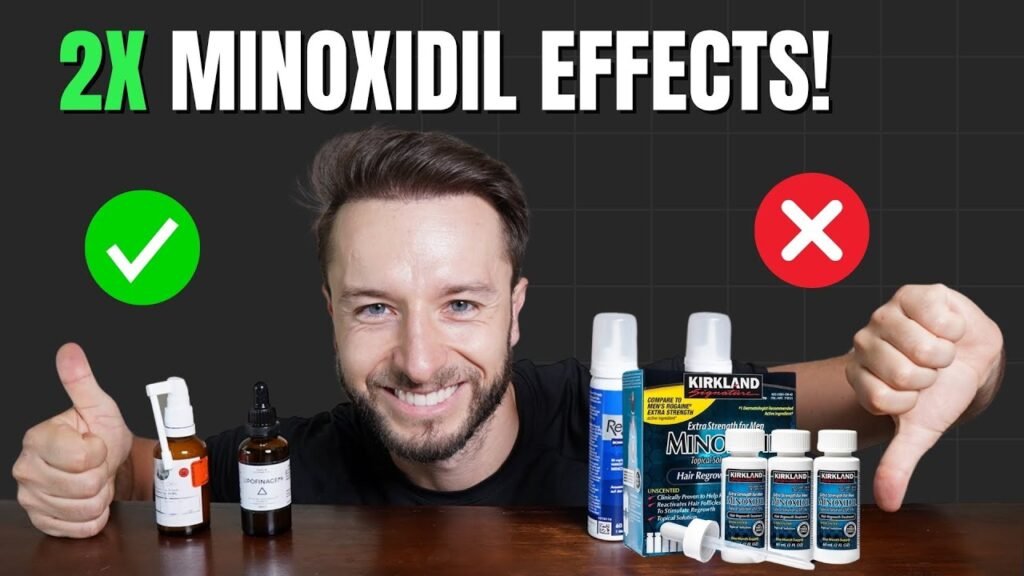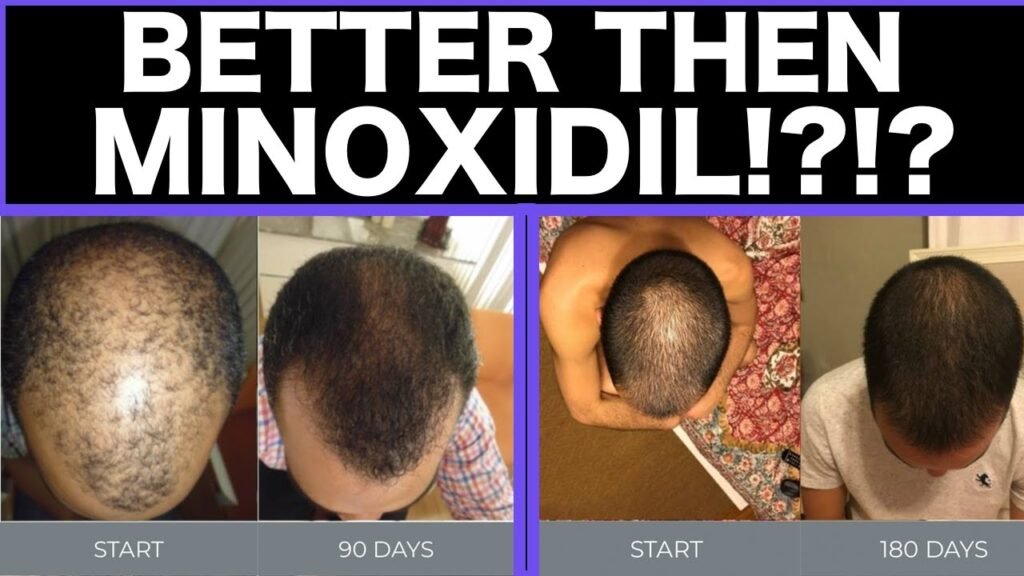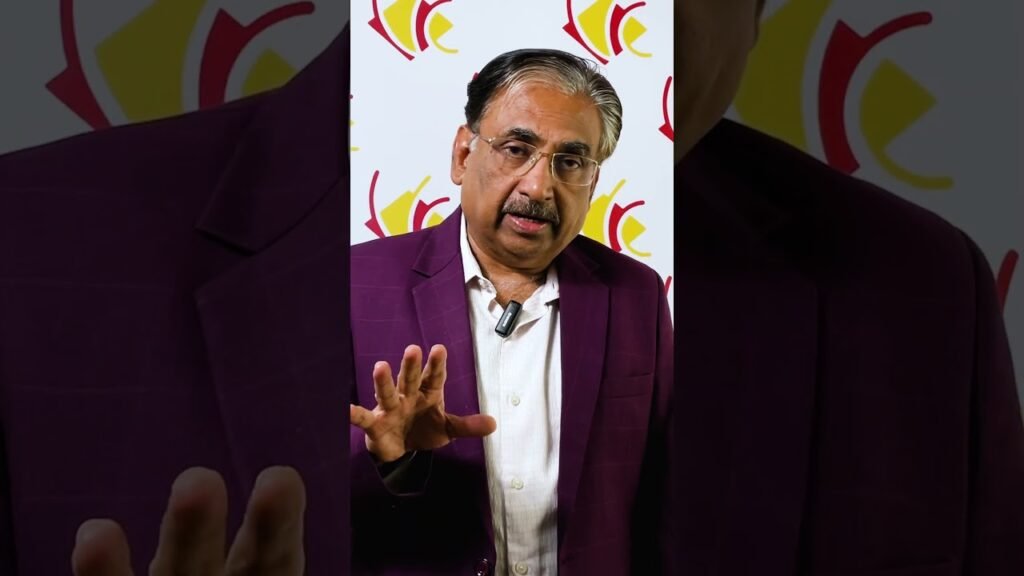Comparing results from Minoxidil vs biotin
When it comes to hair growth treatments, both Minoxidil and biotin are popular choices, but they function in distinct ways and cater to different needs. Minoxidil, a topical solution, is widely recognized for its ability to stimulate hair growth and is commonly used to treat conditions like androgenetic alopecia. It works by improving blood flow to the hair follicles, thereby increasing their size and the thickness of the hair strands. On the other hand, biotin, a B-vitamin, supports overall hair health by strengthening the keratin infrastructure, which is a key protein in hair, skin, and nails. While Minoxidil directly targets hair growth, biotin focuses on enhancing the quality and strength of existing hair.
Effectiveness of Minoxidil
Minoxidil is FDA-approved and has been extensively studied for its efficacy in promoting hair regrowth. Users often report noticeable improvements in hair density and thickness after consistent use over several months. The primary benefit of Minoxidil is its ability to reactivate dormant hair follicles, leading to new hair growth in areas affected by thinning. However, it is important to note that results can vary based on the individuals response to the treatment and the extent of hair loss.
Benefits of Biotin
Biotin, often included in dietary supplements, is praised for its role in maintaining healthy hair. While it may not directly cause new hair to grow, biotin supplementation can lead to healthier, stronger hair that is less prone to breakage. This is particularly beneficial for individuals experiencing brittle or weak hair. Some studies suggest that biotin can improve hair thickness and shine, but these results are generally more subtle compared to the effects of Minoxidil. Biotin is often recommended as part of a holistic approach to hair care, complementing other treatments like Minoxidil for a more comprehensive solution.


